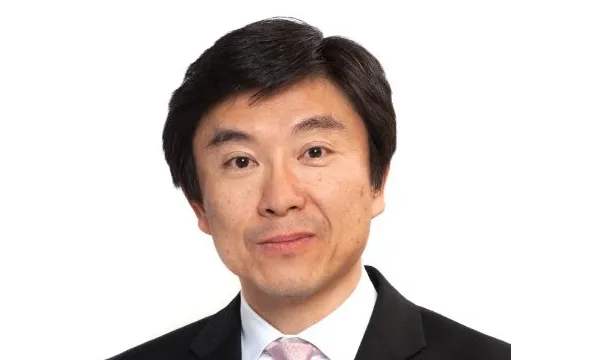
Celent's Eiichiro Yanagawa to grace the ABF Digital & Open Banking Conference 2019
He will make the case for the self-service data analytics model.
Eiichiro Yanagawa is a senior analyst with Celent’s banking practice.
Based in Tokyo, Yanagawa conducts research that focuses on IT strategy issues in the Japanese and Asian banking and financial industries. His recent research has included core banking systems, ATMs, and anti-money laundering technology, focusing on driving disruption in three areas: innovation, digital, and legacy and ecosystem transformation.
He is a regular speaker, chairman, and panel moderator at the leading industry events in Japan and Asia.
Eiichiro earned his Bachelor of Economics from Shizuoka University and his MBA at Hitotsubashi University Graduate School of Commerce and Management.
Ahead of his session at DOB Conference 2019, Eiichiro shared to Asian Banking & Finance his insights on the digital future of banking and financial services and the type of ecosystem that can be created with open APIs.
What are your previous experiences and positions held that contributed to who you are as a banker/expert today?
At Celent, we view digital in banking and financial institutions (FIs) as much more than just launching a new app or another channel. We believe that digital requires a structural change in the financial institution. Celent’s framework for ‘digital in FIs is about engaging customers and delivering FI brand experience, underpinned by analytics and automation, and requires a change in operating model. In order to deliver economic value.”
Looking back at the various projects over the past five years, we started with engaging customers and delivering FI brand experience at the beginning, but now we change operating models and deliver economic value, especially fintech collaboration, by giving advice on monetisation with emerging technologies.
What would you say are the best practices and digital strategies deployed by region's digitally dominant banks? Where does open banking fit in this agenda and how should banks capture the opportunities from this growing ecosystem?
I would like to share field-proven practice on APIs. The chart that you are looking at could well be considered a compilation of the best API practices:

- System integration API: In addition to driving the enterprise application integration at FIs among system designers and developers, this also offers a platform for the Open API Developer Portal.
- Connectivity API: It is likely only natural that this will help eliminate various constraints (such as data, processes, service time, etc.) when it comes to conventional external connection services.
- Platform API: Depending on FIs’ initiatives, the provision of connectivity should be viewed as a potential area of financial services offering to external businesses and a B2B system platform infrastructure.
- Innovation API(s): From these (open) API(s) emerge the outlook for open innovation platform(s) for a financial services ecosystem and a new value chain that combines the flow of goods, business, and money.
The use of APIs has shifted from reducing costs, increasing efficiency and improving time-to-market within an organisation to creating new value chains across the industry. Celent supports the creation of new value chains and proposals for new value propositions in both the retail and wholesale markets.
Can you give us a glimpse of what you will share at the ABF Digital & Open Banking Conference 2019?
Across the globe, banks are seeking to scale their sluggish delivery models. At the conference, I will discuss disruptive data monetisation technologies in financial services, such as data platforms, AI, and self-serve analytics, where we will answer the following questions:
- Why should organisations move to a self-service data analytics model?
- What is data wrangling and how do data preparation tools benefit the business end user?
- What is a data platform and what are the implications?
The ABF Digital & Open Banking Conference 2019 will take place on 22 October in Singapore. To learn more about the event, click here. To register, click here. For inquiries, you may contact Andrea at [email protected] or at +65 3158 1386 ext 212













 Advertise
Advertise










